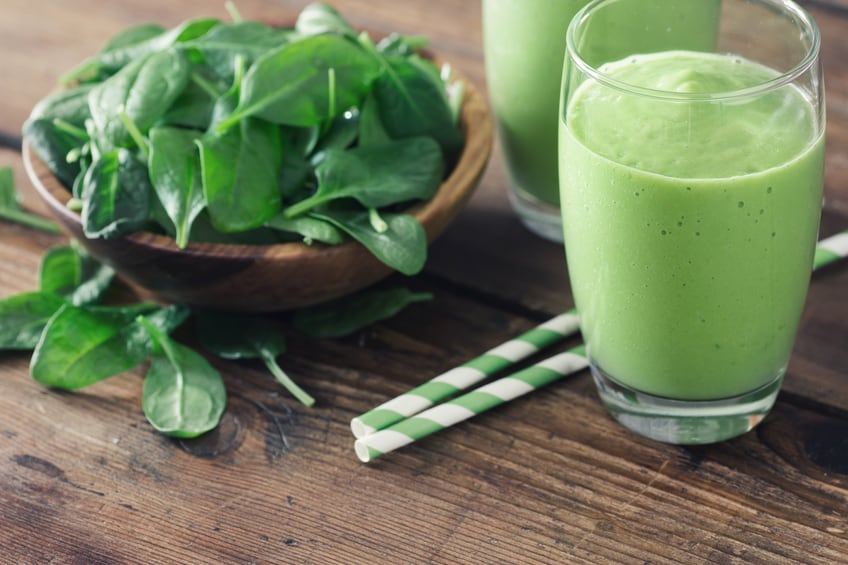Dry January is one of the most common national health campaigns, with alcohol abstinence seen as a way to help ‘detox’ from the over-consumption that comes hand-in-hand with the Christmas period.
But Craig Lane, health and wellness adviser for Latus Health, points out that companies jumping on the detox diet bandwagon are selling products that have no scientific evidence and the majority of these extreme diets could be doing the exact opposite of what is hoped.
Lane points out that the liver is the body’s natural filtration system, converting toxins into waste products, cleansing your blood, and metabolising nutrients and medications to provide the body with some of its most important proteins.
But many cleansing diets involve people attempting to cut meat and dairy – a key nutrient for the liver’s function.
“In scientific terms, the liver is key to metabolic detoxification,” Lane told NutraIngredients. “It works through a series of enzymes, via pathways referred to as phase I and phase II detoxification. This system is reliant on adequate nutrients, phytonutrients, antioxidants, and protein.
"These pathways in the liver transform chemicals, hormones, and toxins into water-soluble metabolites that can then be excreted by the intestines, kidneys, and skin. Many cleansing diets are deficient in protein, which inhibits the body’s ability to get rid of toxins via phase II conjugation.
“Basically, you cannot effectively conjugate toxins without amino acids that bind the toxins that are transformed in the liver in phase I.
"And if phase II is impaired, free radicals will build up and cause damage. Simply, amino acids help drag toxins out of the body and prevent toxins building up.”
'Detox'-friendly protein
There are nine essential amino acids: histidine, isoleucine, leucine, lysine, methionine, phenylalanine, threonine, tryptophan and valine.
Lane argues that the best sources of protein are those high in methionine as this is an important part of the process methylation, which helps our body to make glutathione - our most valuable antioxidant which prevents damage from free-radicals. It’s also necessary for tissue growth and the absorption of zinc and selenium, minerals that are vital to your health.
Methionine is most abundant in beef, Brazil nuts, brown rice, chicken, chickpeas, lentils, turkey, pinto beans, sesame seeds, and soy.
Lane adds that vegetarians and vegans can also get their Methionine but it is a finer balancing act for them.
“For vegetarians and vegans, soy, quinoa and buckwheat are plant-based foods that contain all nine essential amino acids, making them complete protein sources as well, however research has suggested too much of these plant-based food sources contain anti-nutrients, which are defined as dietary components that can reduce or inhibit the utilisation of specific nutrients in food.”
Lane concludes that just eating a good quality source of protein, drinking plenty of water, and upping exercise is more beneficial for the body than any juice diet or detox product on the market.
Supplement your way out?
Lane points out that no product can reverse the effects of alcohol. The exact quantity of key nutrients needed to combat consumption of alcohol is not known, but he says they are ‘way beyond’ what is recommended by the RDA.
“A heavy drinker for instance would need to take 500mg of vitamin C per day, which is six times the RDA to have the same Vitamin C levels in the blood of a non-drinker, pair that with smoking or living in a city then a person would need up to 1000mg a day so that the vitamin C can aid detoxification of over 50 known substances within the body.”

